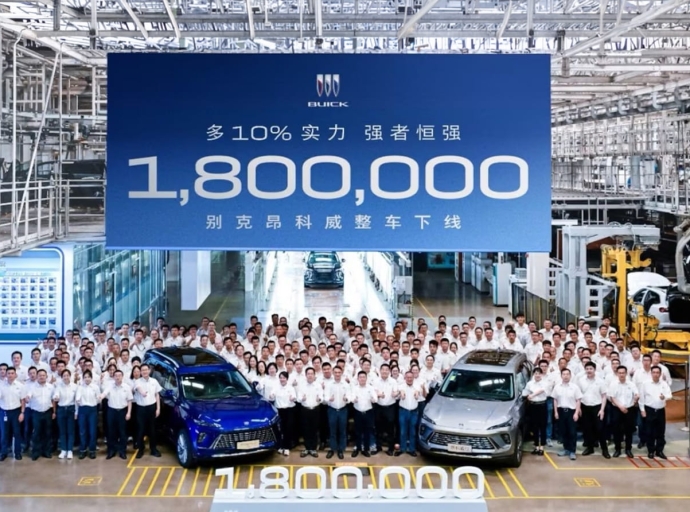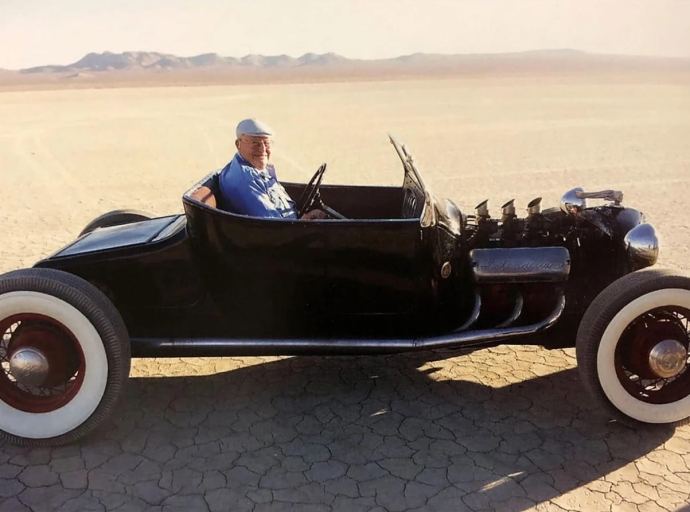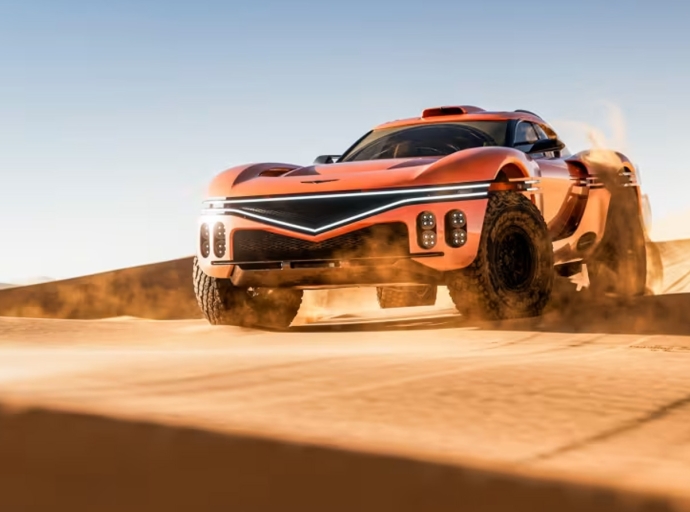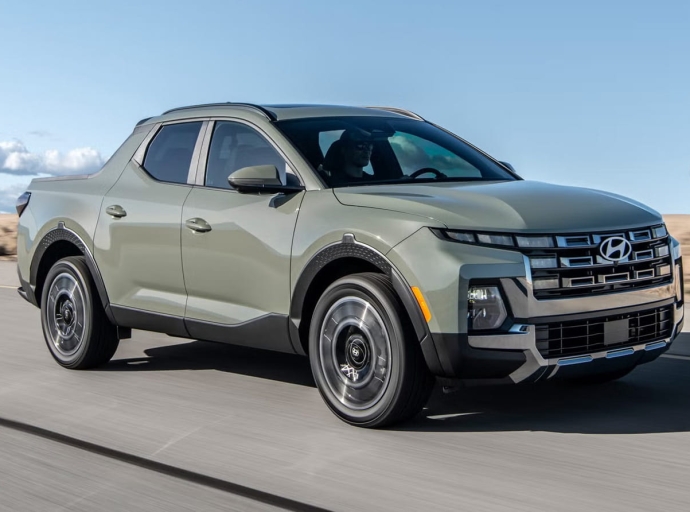Toyota hasn’t finished surprising us. This time, the automaker is announcing the return of the C-HR, a small vehicle that was offered until 2022 before being discontinued due to insufficient sales.
Mechanics
Toyota Relaunches the C-HR
Toyota hasn’t finished surprising us. This time, the automaker is announcing the return of the C-HR, a small vehicle that was offered until 2022 before being discontinued due to insufficient sales.
...
All Stories
Éric Descarries
Éric Descarries

L'Automobile Magazine
News
Business Directory



 En
En  Fr
Fr 













